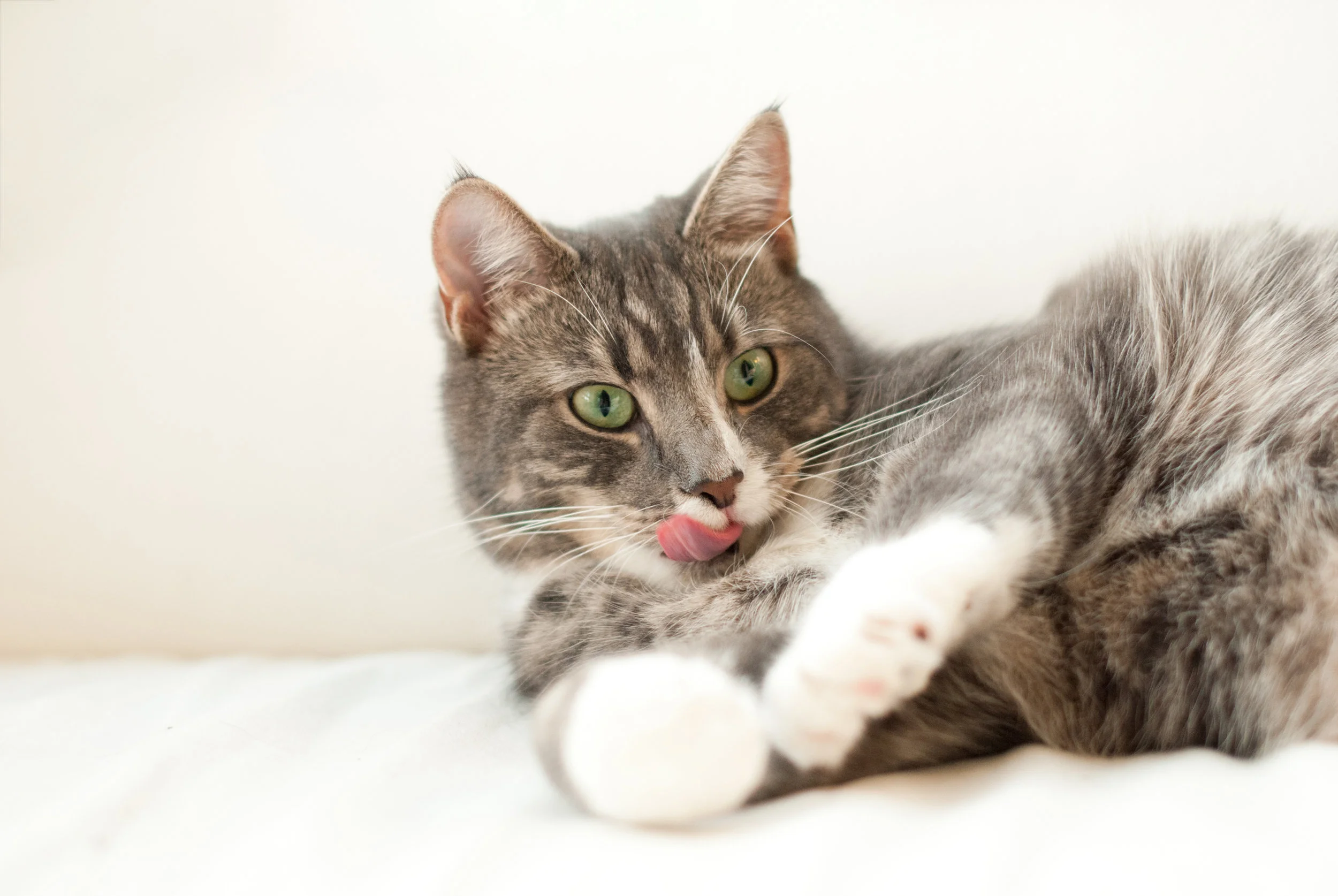Taking steps to care for your pets dental health at home can make a big difference towards their overall oral health and happiness. Pet dental disease is a common health problem for dogs and cats. It can be quite painful for your pet, lead to tooth loss and can also cause damage to vital organs such as the heart, liver and kidneys if left untreated.
The main aim of home dental care is to reduce the build up of plaque on your pet’s teeth to prevent it from turning into tartar, minimising the effects of dental disease. Here are five steps you can start taking at home to improve your pets dental health.
1. Brush your pet’s teeth
Regular tooth brushing is a great step you can take at home to can help reduce the build up of plaque. Many dogs and cats can be trained to enjoy the experience, particularly if you start when they are young. Check out our pet care sheet on “How to brush your dog’s teeth”.
Here are some quick tips for effective pet tooth brushing:
Use a specially designed pet toothbrush or recommended alternative. You will also need some pet friendly toothpaste in a flavour suited to your pets tastebuds. Don’t use human toothpaste as it contains ingredients that can be harmful to your dog’s stomach.
Introduce them to the idea by lightly rubbing your finger along their gums and teeth and then letting them try some toothpaste.
Start brushing when they are used to you touching inside their mouth. Lift their lip and brush in gentle circles over each tooth.
Focus on the outside (cheek facing teeth) and back of teeth where plaque tends to collect.
Limit each brushing session to a few minutes.
Reward your pet when you are finished with a dental treat, pat, praise, toy or playtime.
2. Look out for common signs of dental disease in your pet
Animals are good at hiding pain and illness so a monthly examination of their mouth is a great way to check for dental disease. Common signs to look out for include:
Swollen or bleeding gums
Bad breath
Yellow or brown tartar build-up on teeth
Sore mouth
Difficulty eating or reduced appetite
Drooling
Loose teeth or teeth loss
Pawing
If you notice any of these signs or have any concerns about your pet’s dental health, contact us on 03 8784 4444.
3. Reward them with a dental treat
Dental treats are a great way to clean your pet’s teeth and reward them at the same time. The right treats are designed to scrape against your pets teeth as they chew, helping to reduce plaque and tartar build up. They also help to freshen up their breath too.
4. Let them play away plaque with dental chew toys
Similar to dental treats, chew toys can also help to clean your pet’s teeth, whilst also doubling as a fun activity. The best toys are ones that are large enough not to present a choking hazard for your pet. You also want a toy that won’t splinter.
There are lots of dental chew toys to choose from including rope toys, rubber chew toys and even some boredom busting toys that you can fill with treats for extended playtime. Like dental treats, the dental chew toys are designed to scrape against your pets teeth as they chew, helping to reduce plaque and tartar build up.
5. Feed them a dental diet
For some pets a prescription dental diet may be recommended by your veterinarian to keep your pets teeth and gums healthy. There is a wide range of dental diets available for your pet which are specially formulated to keep your dogs teeth clean and help control oral bacteria found in plaque. If required, our vets can recommend a dental diet suited to your pets individual needs.
Home dental care for your pet is an important step towards fighting dental disease. However, it does not replace the need for regular dental checks with your local vet. Even humans who brush their teeth regularly still need to visit the dentist for a routine check-up. It just means their teeth are generally in much better condition.
To book a dental health check with one of our veterinarians call us on 03 8784 4444.







